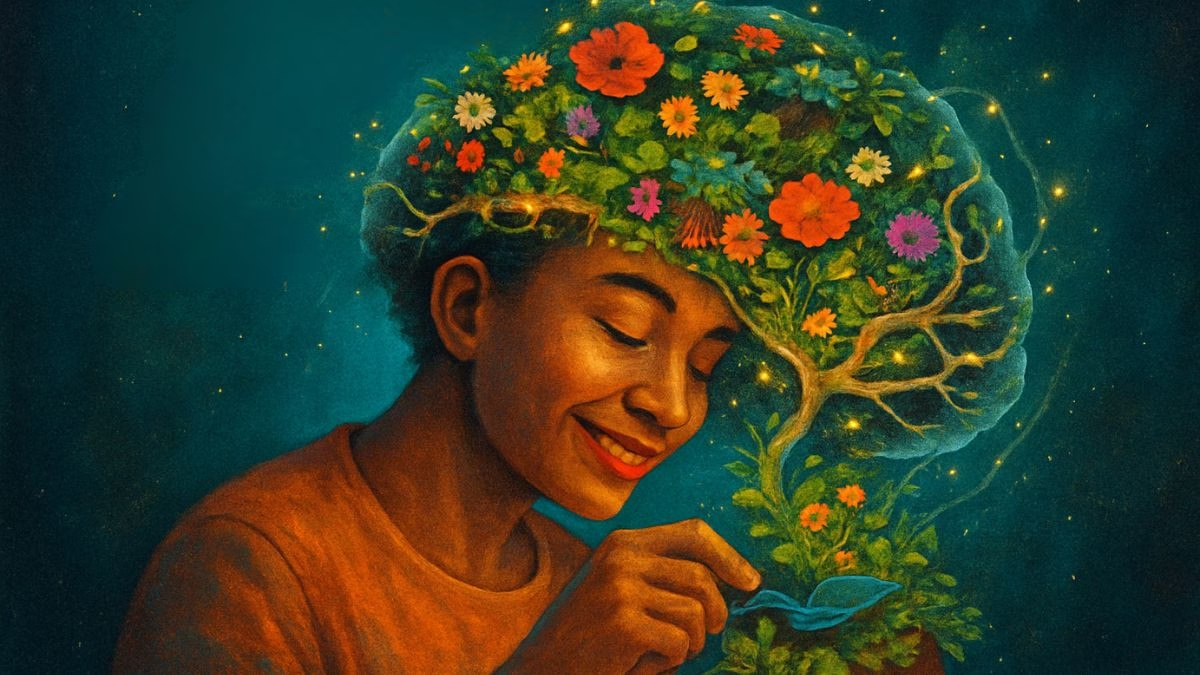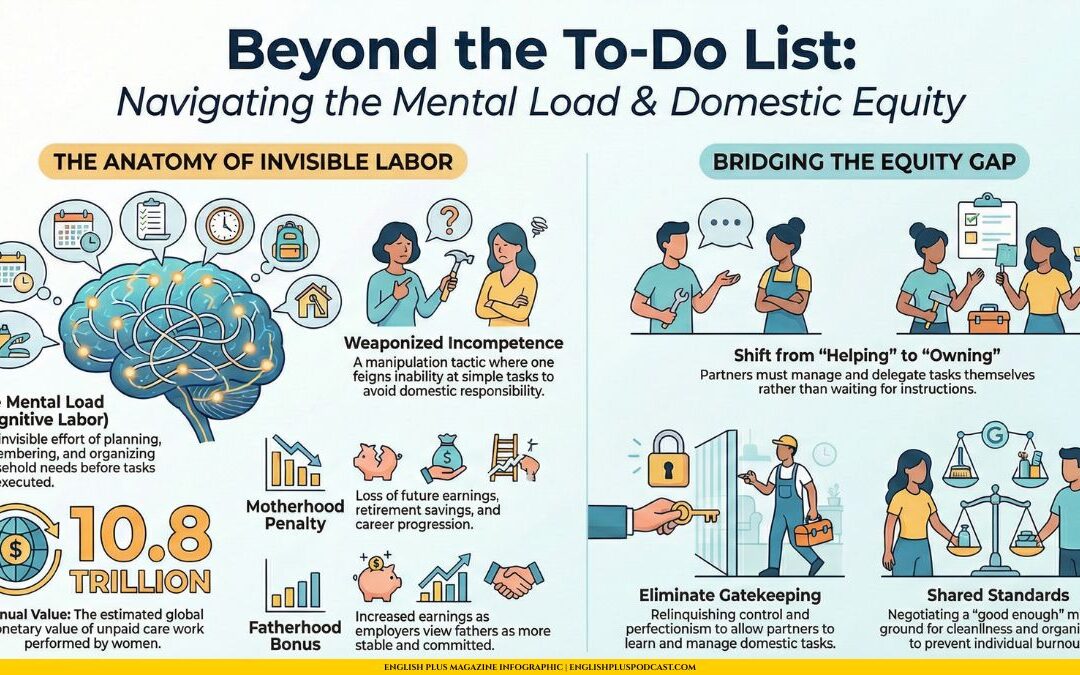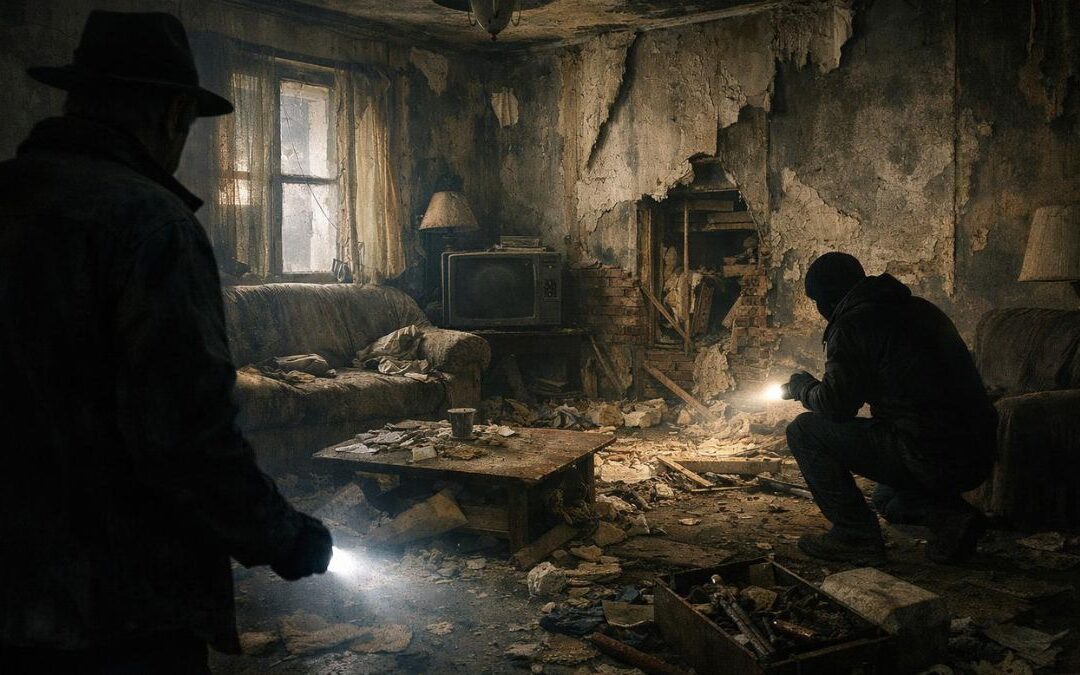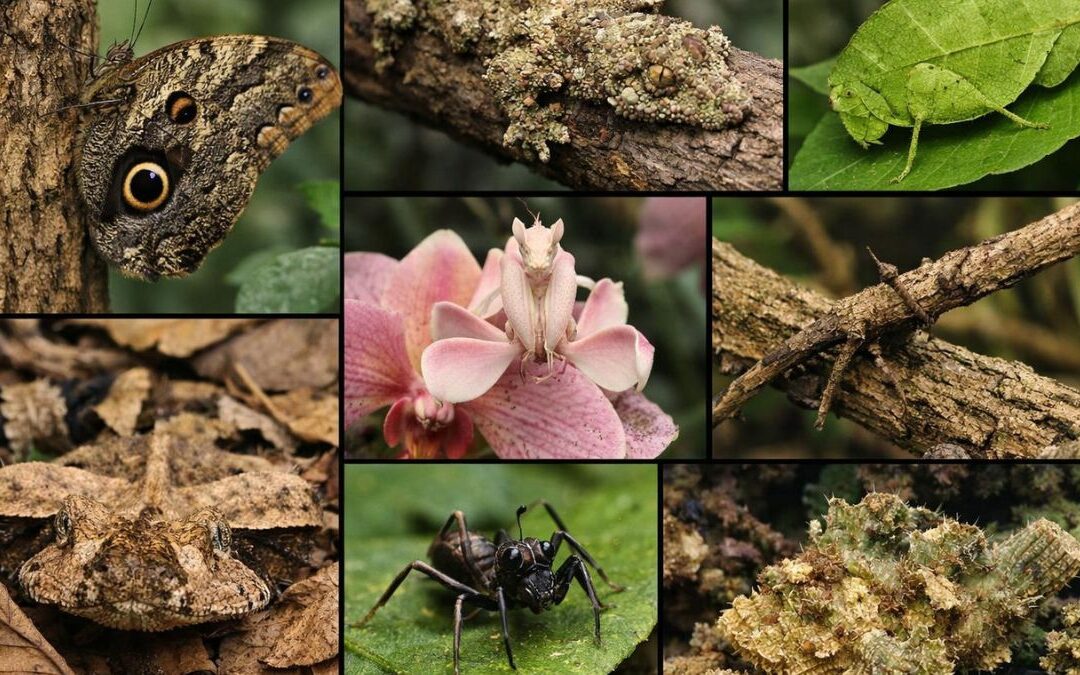Have you ever wondered if the story you tell yourself about your life is the only one you can live? We often think our circumstances dictate our happiness, but what if the opposite were true? What if the lens through which you view the world is actually the most powerful tool you have to shape it? It’s a question that leads us down a rabbit hole of self-discovery, right to the heart of what it means to cultivate a positive mindset—not as a fleeting mood, but as a deliberate, life-altering practice.
Your Brain’s Sneaky Default Setting
Let’s get one thing straight: if you tend to fixate on the one thing that went wrong in a day full of things that went right, you’re not broken. You’re human. Our brains are hardwired with something called a “negativity bias.” Think of it as a leftover software update from our cave-dwelling ancestors. For them, constantly scanning for threats—a rustle in the bushes, a shadow on the cave wall—was a matter of survival. Missing a pretty flower wasn’t a big deal, but missing a saber-toothed tiger was a very big deal. That ancient, life-saving programming still runs in the background of our modern lives, making us experts at spotting problems and remembering insults, while often letting compliments and moments of joy slide right by. It’s why a single piece of criticism can overshadow a dozen praises. But here’s the beautiful, liberating truth: your brain isn’t fixed hardware. It’s more like clay. This incredible ability to reshape itself is called neuroplasticity, and it means you can consciously choose to carve new pathways—pathways of optimism, gratitude, and resilience.
This Isn’t About Toxic Positivity
Now, when I talk about a positive mindset, I’m not talking about slapping a smiley-face sticker on a dumpster fire. I’m not advocating for “good vibes only” culture, where we pretend pain, grief, and frustration don’t exist. That’s not positivity; that’s denial. A genuine positive mindset isn’t about ignoring the darkness. It’s about acknowledging the darkness, sitting with it, respecting its lessons, and then deliberately choosing to turn your face toward the light. It’s the quiet courage to say, “This is incredibly difficult, and I will look for the lesson in it. This hurts, and I believe I have the strength to get through it.” It’s the difference between standing in a storm and pretending it isn’t raining, versus finding the strength to dance in it anyway, knowing the sun will eventually return.
The Universe Inside Your Head
Think of your mind as a garden. For years, you might have let the weeds of worry, self-doubt, and fear grow unchecked. They’re invasive, they’re stubborn, and they can easily choke out everything else. Cultivating a positive mindset is the act of becoming a conscious gardener. It’s about getting your hands dirty. It’s about identifying the weeds—those automatic negative thoughts—and gently, persistently pulling them out, one by one. And then, in the space you’ve cleared, you start planting seeds. Seeds of gratitude. Seeds of self-compassion. Seeds of possibility. At first, it feels like a lot of work for a few tiny sprouts. But you water them every day with your attention and your intention. You give them the sunlight of your focus. And over time, without you even realizing it, your inner landscape transforms from a patch of weeds into a flourishing garden that sustains you.
The Small Hinges That Swing Big Doors
So how do we start gardening? It’s not about grand, sweeping gestures. It’s about the small, consistent practices that, over time, create monumental shifts. It’s the small hinges that swing the biggest doors. Start with gratitude. Before you even get out of bed, or as you’re brushing your teeth, think of three specific things you’re grateful for. Not just “my family,” but why. “I’m grateful for the way my partner made me laugh yesterday.” “I’m grateful for the feeling of the warm sun on my skin through the window.” This practice literally trains your brain to scan the world for good things, counteracting that old negativity bias. Another powerful tool is the reframe. When you catch yourself thinking, “I can’t handle this,” try adding one simple, three-letter word: “yet.” “I can’t handle this yet.” That single word transforms a dead-end statement into a bridge. It acknowledges the struggle while affirming your capacity for growth. It’s a declaration that your story isn’t over.
Finding the Stars in a Pitch-Black Sky
But what about when life truly falls apart? When you’re facing loss, heartbreak, or a diagnosis that knocks the wind out of you? That’s when the practice of a positive mindset is tested not as a feel-good accessory, but as a survival tool. During these times, positivity isn’t about feeling happy. It’s about finding meaning. It’s about asking, “What can this teach me? How can this make me stronger? How can I use this experience to become a more compassionate human being?” It’s the profound wisdom of Viktor Frankl, a psychiatrist and Holocaust survivor, who found that the one thing that could never be taken from a person was the freedom to choose their attitude in any given set of circumstances. In the deepest darkness, he discovered that our perspective is our last and greatest freedom. It’s the ability to find a pinprick of starlight in a pitch-black sky and to navigate by its faint glow until the dawn finally breaks.
Your Perspective is Your Superpower
Ultimately, this all boils down to a fundamental question about your life: Are you a passive passenger, or are you the pilot? Circumstances will happen. Storms will come. People will disappoint you. The world will be messy and unpredictable. Those are the external weather patterns. But your internal climate? That’s yours to create. Your perspective is the thermostat for your soul. It doesn’t change the weather outside, but it determines whether you feel warmth and safety inside. This isn’t just about feeling better; it’s about becoming the creative force in your own life. When you shift your mindset, you begin to see opportunities where you once saw obstacles. You attract different people and experiences because you’re vibrating at a different frequency. You don’t just change how you see the world; you change the world you see.
So, let’s become the gardeners of our own minds. Let’s get our hands dirty, pull some weeds, and plant something beautiful. Let’s honor the storms when they come, but never forget that we have the power to choose where we focus our gaze—on the mud, or on the stars.
I’m curious, what’s one small weed you can pull from your mental garden this week? And what’s one beautiful seed you’d like to plant in its place? Share your thoughts in the comments below; I’d love to see what you’re growing.










0 Comments